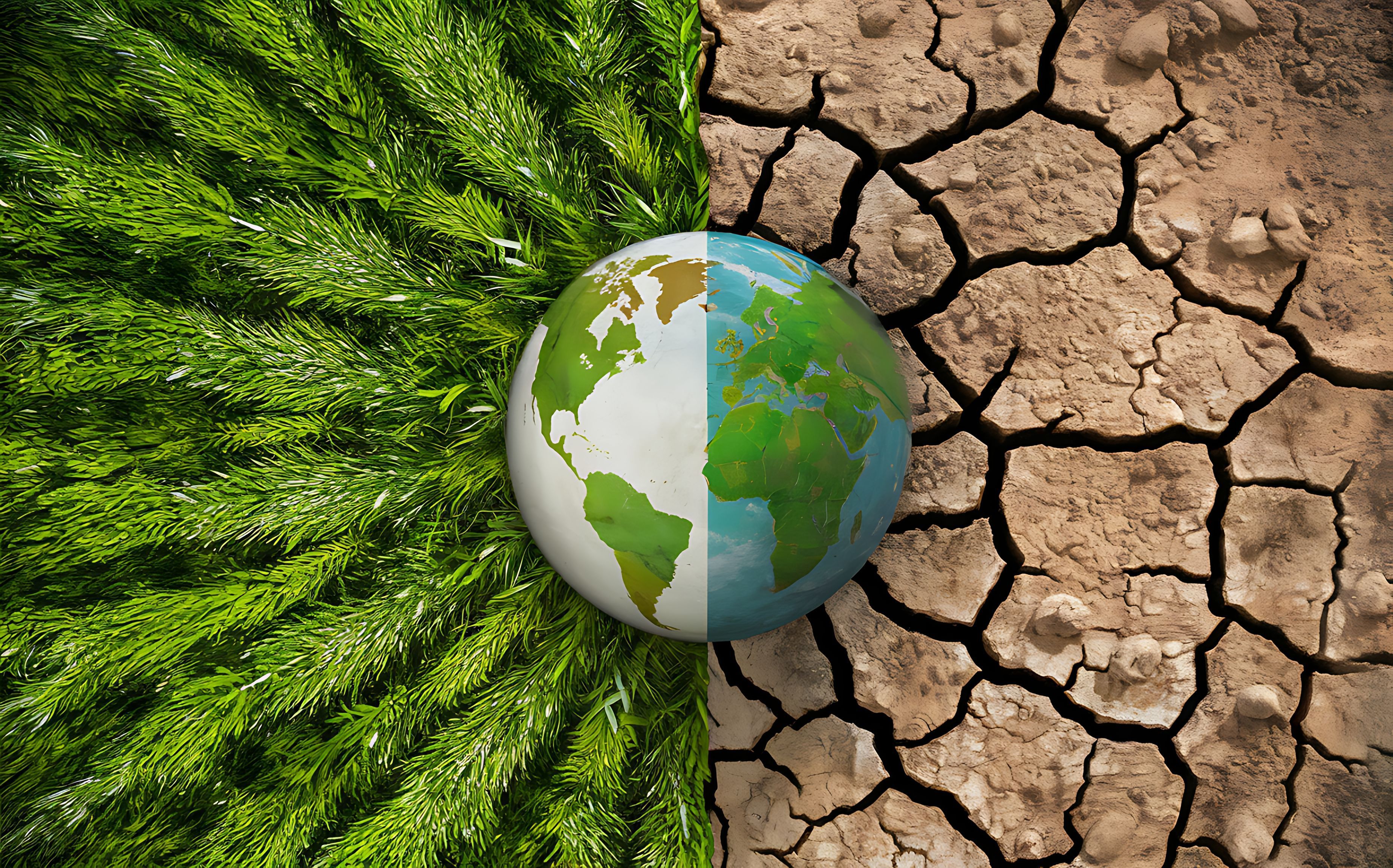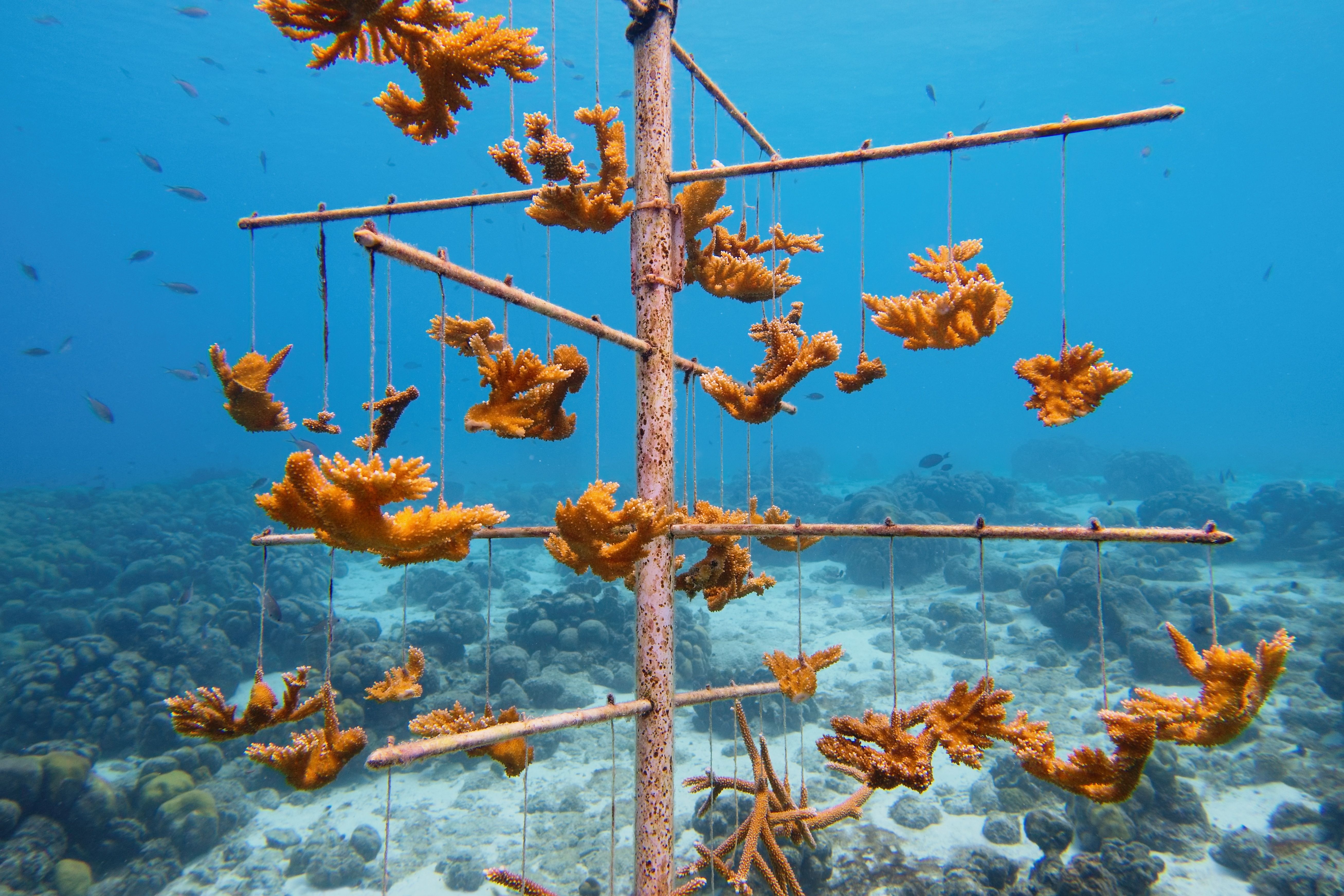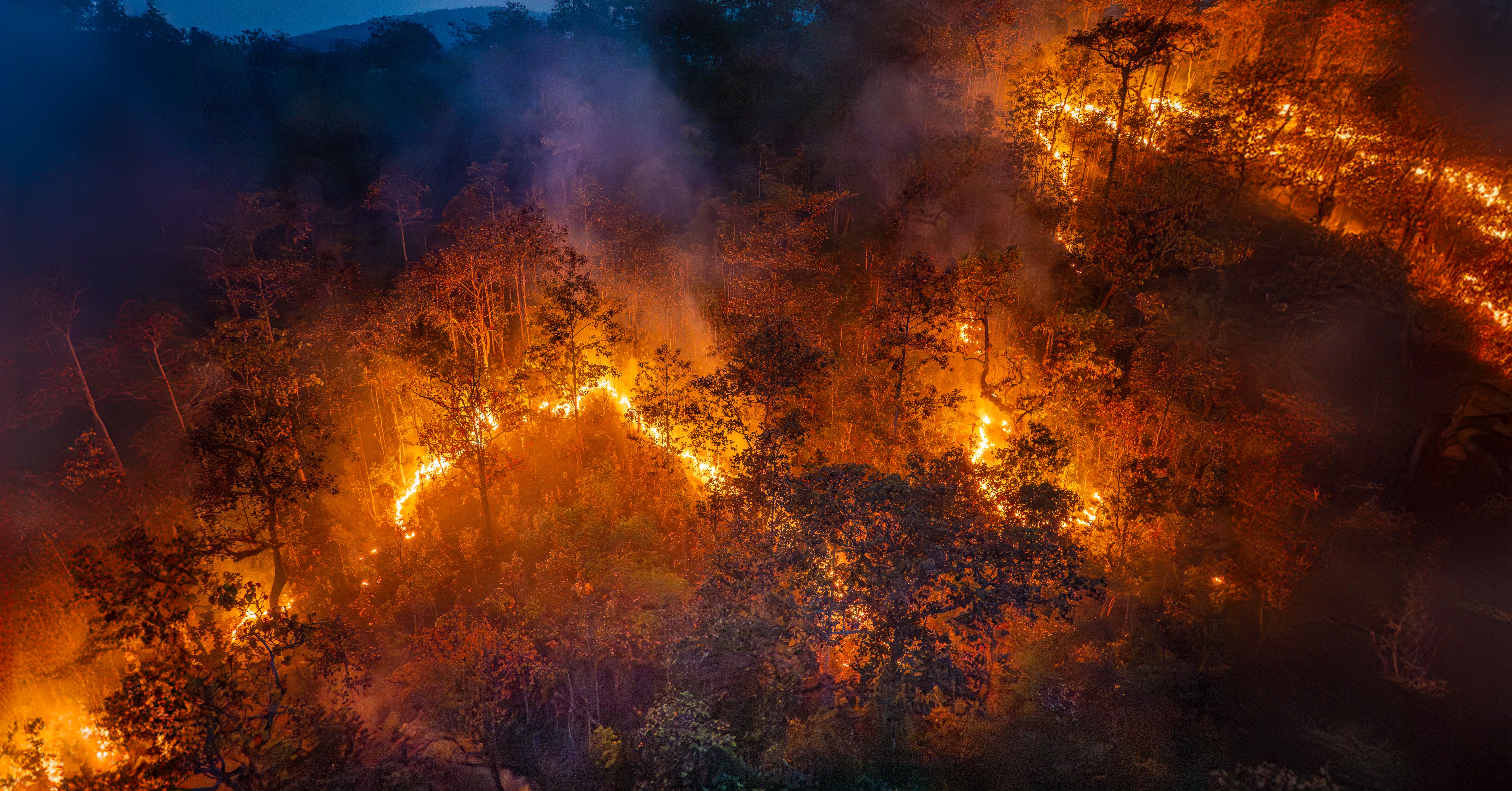Crise Climática: Um Desafio Global Urgente
Understanding the Climate Crisis
The climate crisis is an urgent global challenge that requires immediate attention and action. This issue affects every corner of the planet, with rising temperatures, melting ice caps, and increasingly severe weather patterns. These changes are not just environmental concerns but have profound social and economic implications as well.

At its core, the climate crisis is driven by human activities, particularly the burning of fossil fuels and deforestation. These actions increase the concentration of greenhouse gases in the atmosphere, leading to global warming. The consequences are far-reaching, impacting ecosystems, wildlife, and human livelihoods.
Impact on Ecosystems and Biodiversity
One of the most significant impacts of the climate crisis is the threat it poses to biodiversity. Many species are unable to adapt quickly enough to the rapidly changing climate, leading to habitat loss and extinction. Coral reefs, for instance, are highly sensitive to temperature changes, and rising sea temperatures have led to widespread coral bleaching.

Forests, often referred to as the lungs of the planet, are also under threat. Deforestation not only releases stored carbon dioxide but also destroys habitats for countless species. Protecting these ecosystems is crucial for maintaining biodiversity and combating climate change.
Social and Economic Consequences
The climate crisis has far-reaching social and economic effects. Communities around the world are facing challenges such as food insecurity, health risks from heatwaves, and displacement due to extreme weather events. The economic costs of these impacts are staggering, with damages from natural disasters alone costing billions annually.
Moreover, vulnerable populations in developing countries are disproportionately affected, lacking the resources to adapt effectively. Addressing these inequalities is essential in creating a fair and sustainable future for all.

Steps Towards Mitigation and Adaptation
Addressing the climate crisis requires a multifaceted approach. Mitigation efforts focus on reducing greenhouse gas emissions through transitioning to renewable energy sources, improving energy efficiency, and promoting sustainable land use practices. Governments, businesses, and individuals all play a role in these efforts.
- Renewable Energy: Investing in solar, wind, and other renewable energy sources.
- Energy Efficiency: Implementing energy-saving technologies and practices.
- Sustainable Agriculture: Adopting practices that reduce emissions and improve resilience.
Adaptation strategies are equally important, helping communities adjust to inevitable climate changes. This includes building resilient infrastructure, developing early warning systems for extreme weather events, and supporting sustainable agriculture to ensure food security.
The Role of Global Cooperation
Tackling the climate crisis requires unprecedented levels of global cooperation. International agreements like the Paris Agreement aim to unite countries in their efforts to limit global temperature rise. However, commitment from all nations is essential to ensure meaningful progress.

By sharing technology, resources, and knowledge, countries can work together to develop innovative solutions and support those most affected by climate change. Collective action will be key to overcoming this global challenge.
Individual Actions Matter
While large-scale actions are crucial, individual efforts also make a difference in combating the climate crisis. Simple lifestyle changes such as reducing energy consumption, minimizing waste, and supporting sustainable products can collectively have a significant impact.
Education and awareness are vital in driving change. By staying informed and advocating for environmental policies, individuals can influence decision-makers and inspire others to take action.
Conclusion: A Call to Action
The climate crisis is a defining issue of our time, demanding urgent action from all sectors of society. By understanding its impacts and taking decisive steps towards mitigation and adaptation, we can create a sustainable future for generations to come. It is imperative that we act now, united in our efforts to protect our planet.